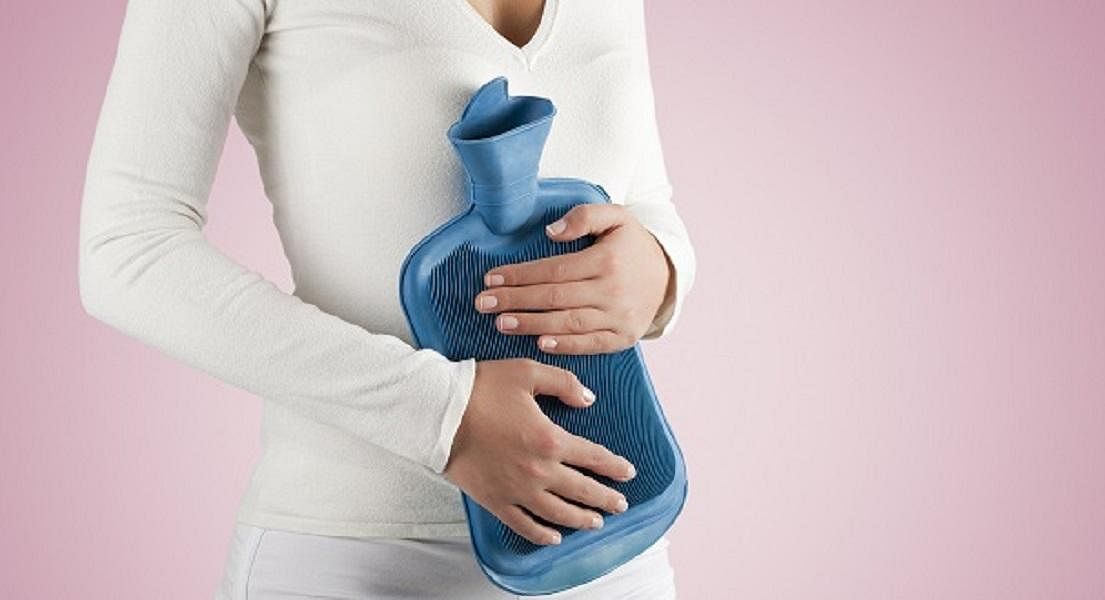Strategies To Cope With PMS
Why you can trust Nutri Advanced Every article on our site is researched thoroughly by our team of highly qualified nutritionists. Find out more about our editorial process.
Diet, Supplements & Lifestyle
If you struggle with premenstrual symptoms such as mood swings, irritability, muscle cramps, cravings and bloating; don’t worry you’re not alone. Premenstrual syndrome (PMS) affects up to 90% of women before they reach the menopause; for some, the symptoms can be mild and almost unnoticeable, whilst for others, they can be so severe that they struggle to cope with normal daily life.
There is no single known cause of PMS. It is likely however that changing levels of the hormones oestrogen and progesterone throughout the cycle are involved. Other possible causes include alterations in the ‘feel-good’ neurotransmitter serotonin, blood sugar imbalance, thyroid problems, nutrient deficiencies and even stress.
With no single known cause or unifying treatment protocol, the subject of PMS can be a complex one to navigate. Fortunately though, diet and lifestyle changes can have a dramatic impact on both symptoms and addressing the underlying causes.
1) Balance your blood sugar – Taking steps to balance your blood sugar is one of the most effective changes you can make to support PMS.
• Eat wholegrains and fresh fruits and vegetables, cook from scratch
• Include at least some protein (chicken, meat, fish, nuts, seeds, beans, lentils, chickpeas, eggs, dairy) and healthy fat (nuts, seeds, oily fish) with every meal and snack
• Reduce / avoid refined and processed foods, refined sugar, sugary drinks and snacks
• Reduce/ avoid caffeine, alcohol and nicotine
• Eat regularly (every 2-3 hrs) – aim for around 3 meals and 3 snacks daily
2) Reduce stress – Stress is a major risk factor for PMS; if you struggle with unwanted symptoms every month, it is essential to incorporate stress reduction strategies into your weekly routine. Here’s some tried and tested ways to reduce stress:
• Mindfulness meditation – www.headspace.com is a great place to start
• Yoga, pilates and t’ai chi offer gentle exercise combined with relaxation
• Gentle exercise such as walking and swimming are proven ways to beat stress
• Connecting with friends and family and talking through problems is an important way to lessen the impact of stress
3) Boost your nutrient intake – Essential nutrients are often depleted in women suffering from symptoms of PMS so it’s worth starting a PMS supplement regime to get your levels back up to scratch. Here’s the ones that are most commonly affected:
• Magnesium Supplements – Supplement at least 200mg daily in powdered magnesium glycinate form
• Calcium – Works with magnesium to support muscle health; opt for 50mg daily in the from of calcium bisglycinate
• B complex – B vitamins work together in the body so it is best to supplement as a complex rather than individually
• Vitamin C – Often depleted during times of stress; choose at least 500mg daily in the gentle form of mineral ascorbates
• 5-HTP – This natural precursor to serotonin can be a useful additional support if youtend to feel a bit blue before your menstrual period
• Starflower oil – A great source of the omega 6 fat GLA (gamma linolenic acid) which is often low in women struggling pre menstrually
• Omega 3s– For comprehensive essential fat support, add in a high quality omega 3 supplement that supplies EPA (eicosapentaenoic acid) and DHA (docosahexaenoic acid) in a pure and stable form.
This website and its content is copyright of Nutri Advanced ©. All rights reserved. See our terms & conditions for more detail.
Nutri Advanced has a thorough research process and for any references included, each source is scrutinised beforehand. We aim to use the highest value source where possible, referencing peer-reviewed journals and official guidelines in the first instance before alternatives. You can learn more about how we ensure our content is accurate at time of publication on our editorial policy.
Most Popular Articles
-
7 Surprising Ways To Support Your Magnesium
If you are displaying signs of a magnesium deficiency, here are 7 ways to boost your magnesium levels that are easy to incorporate into your daily life. -
5 Best Vitamin C Supplements Picked By Our Experts
Learn more about the different types of vitamin C, the different benefits you get from different types, and what you get for spending more on a good supplement. -
Top 5 Vitamins For Energy And Tiredness Picked By Our Experts
The 5 best and most important vitamins for energy & tiredness including B vitamin food sources & best supplement forms for energy. -
Benefits of Myo-Inositol for Polycystic Ovary Syndrome (PCOS)
In this research review article, we take a closer look at a lesser-known natural compound called myo-inositol that has been found to have significant potential to improve many of the prevalent features of PCOS. -
Top 10 Reasons to Give Your Kids Omega-3
Read the top 10 reasons that kids should have plenty of Omega-3- an essential fatty acid- including for depression, brain function, sleep & reading/maths skills.










